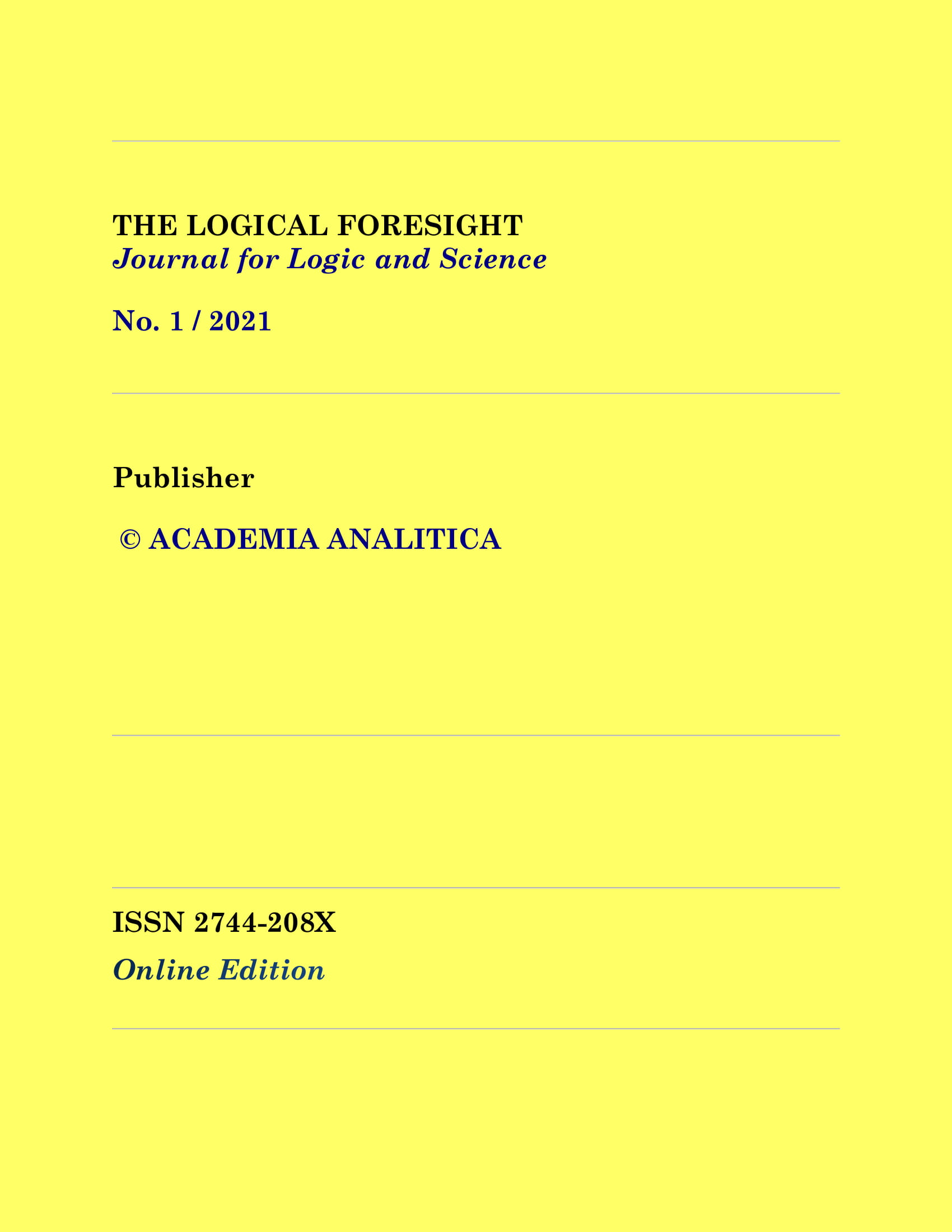Pantheistic Implications of Descartes’ Epistemology and the Development of Spinoza's Metaphysics
Pantheistic Implications of Descartes’ Epistemology and the Development of Spinoza's Metaphysics
Author(s): Vladimir LasicaSubject(s): Metaphysics, Epistemology, Early Modern Philosophy, Philosophy of Religion
Published by: ACADEMIA ANALITICA – Društvo za razvoj logike i analitičke filozofije u Bosni i Hercegovini; Univerzitet u Sarajevu – Filozofski fakultet
Keywords: pantheism; epistemology; God; metaphysics;
Summary/Abstract: In this essay I intend to describe how Spinoza’s pantheism represents a consistent development of Descartes’ epistemology. While the fundamental starting point of Descartes’ epistemology is the self-certainty, from which the existence of God is deduced, that eventually guarantees the existence of the world outside of the doubting subject, Spinoza’s epistemology is based on the considerations of certain meanings, primarily of the meaning of ‘substance.’ Nevertheless, Spinoza’s metaphysics, as we are going to see, expands on the main Cartesian notions. The main difference is that Spinoza continues Cartesian reasoning in a univocal manner, while Descartes restrains himself from challenging the tradition by insisting on equivocity of all meanings concerning God.
Journal: The Logical Foresight – Journal For Logic and Science
- Issue Year: 1/2021
- Issue No: 1
- Page Range: 42-57
- Page Count: 16
- Language: English

